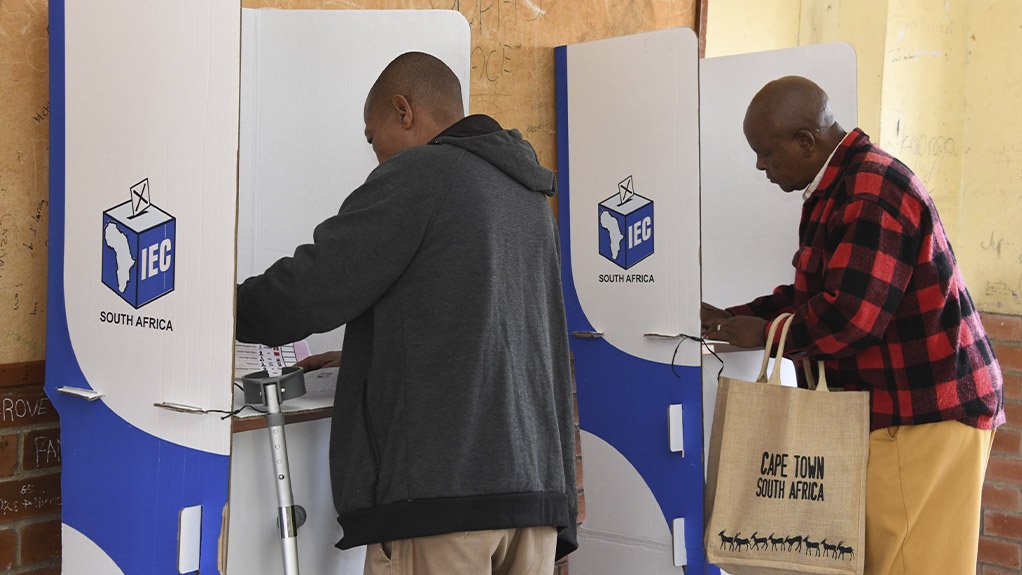South Africa may struggle to make much more progress on resolving the country’s longstanding challenges if a coalition government emerges after elections this month, Moody’s Investors Service cautioned.
“These include stimulating years of sluggish economic growth, curbing chronic power shortages and reducing very high unemployment,” said Aurelien Mali, vice president - senior credit officer at Moody’s. “The current government has made incremental progress on these issues.”
Opinion polls suggest the ruling African National Congress could lose its national majority in the May 29 elections for the first time since taking power in 1994. While it’s expected to remain the largest party, dropping under 50% of the vote will force it to form a coalition government.
“The strength or otherwise of the new administration’s mandate - and any concessions to minor parties needed to secure support - could make the already complicated management of fiscal, economic and social policy objectives even more difficult,” Mali said.
Gross domestic product growth in Africa’s most industrialized economy has averaged 0.8% in the past decade, a rate insufficient to address rampant unemployment and poverty. Growth has been hampered by fraying port and rail networks, crime and state-owned utility Eskom Holdings’s inability to meet electricity demand due to poor maintenance and aging power plants.
“The election raises the possibility that policies from comparatively radical parties, including policies not friendly to investors, will emerge,” Mali said. “Yet we believe the ANC will remain the dominant political force in South Africa, even within a ruling political coalition, which limits the risks of an abrupt shift from the current mix of economic and financial policies.”
An Ipsos poll released on April 26 showed ANC support at 40.2% compared with the 57.5% it won in the 2019 election.
It also suggested the newly formed uMkhonto weSizwe Party backed by former President Jacob Zuma is sucking voters away from the leftist Economic Freedom Fighters. It saw the EFF polling around 11.5%, down from 19.6% in its February survey, while MKP has the support of 8.4% of voters.
Moody’s sovereign credit rating for South Africa is stable at Ba2.
EMAIL THIS ARTICLE SAVE THIS ARTICLE
To subscribe email subscriptions@creamermedia.co.za or click here
To advertise email advertising@creamermedia.co.za or click here











